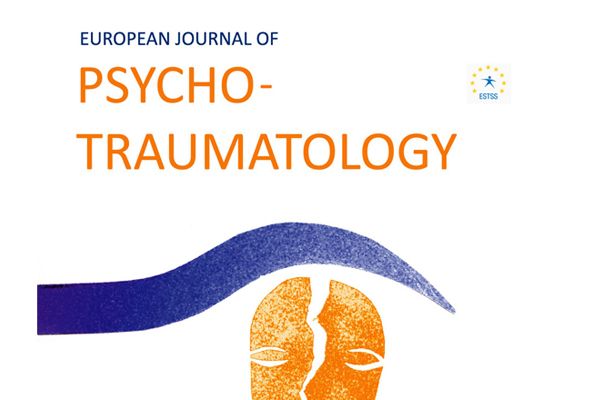4 oktober 2021
European Journal of Psychotraumatology
Milou L. V. Covers, Ad de Jong, Rafaële J. C. Huntjens, Carlijn de Roos, Marcel van den Houth & Iva A. E. Bicanic
https://doi.org/10.1080/20008198.2021.1943188
Abstract
Background: About 40% of rape victims develop post-traumatic stress disorder (PTSD) within three months after the assault. Considering the high personal and societal impact of PTSD, there is an urgent need for early (i.e. within three months after the incident) interventions to reduce post-traumatic stress in victims of rape.
Objective: To assess the effectiveness of early intervention with eye movement desensitization and reprocessing (EMDR) therapy to reduce symptoms of post-traumatic stress, feelings of guilt and shame, sexual dysfunction, and other psychological dysfunction (i.e. general psychopathology, anxiety, depression, and dissociative symptoms) in victims of rape.
Method: This randomized controlled trial included 57 victims of rape, who were randomly allocated to either two sessions of EMDR therapy or treatment as usual (‘watchful waiting’) between 14 and 28 days post-rape. Psychological symptoms were assessed at pre-treatment, post-treatment, and 8 and 12 weeks post-rape. Linear mixed models and ANCOVAs were used to analyse differences between conditions over time.
Results: Within-group effect sizes of the EMDR condition (d = 0.89 to 1.57) and control condition (d = 0.79 to 1.54) were large, indicating that both conditions were effective. However, EMDR therapy was not found to be more effective than watchful waiting in reducing post-traumatic stress symptoms, general psychopathology, depression, sexual dysfunction, and feelings of guilt and shame. Although EMDR therapy was found to be more effective than watchful waiting in reducing anxiety and dissociative symptoms in the post-treatment assessment, this effect disappeared over time.
Conclusions: The findings do not support the notion that early intervention with EMDR therapy in victims of rape is more effective than watchful waiting for the reduction of psychological symptoms, including symptoms of post-traumatic stress. Further research on the effectiveness of early interventions, including watchful waiting, for this specific target group is needed.


